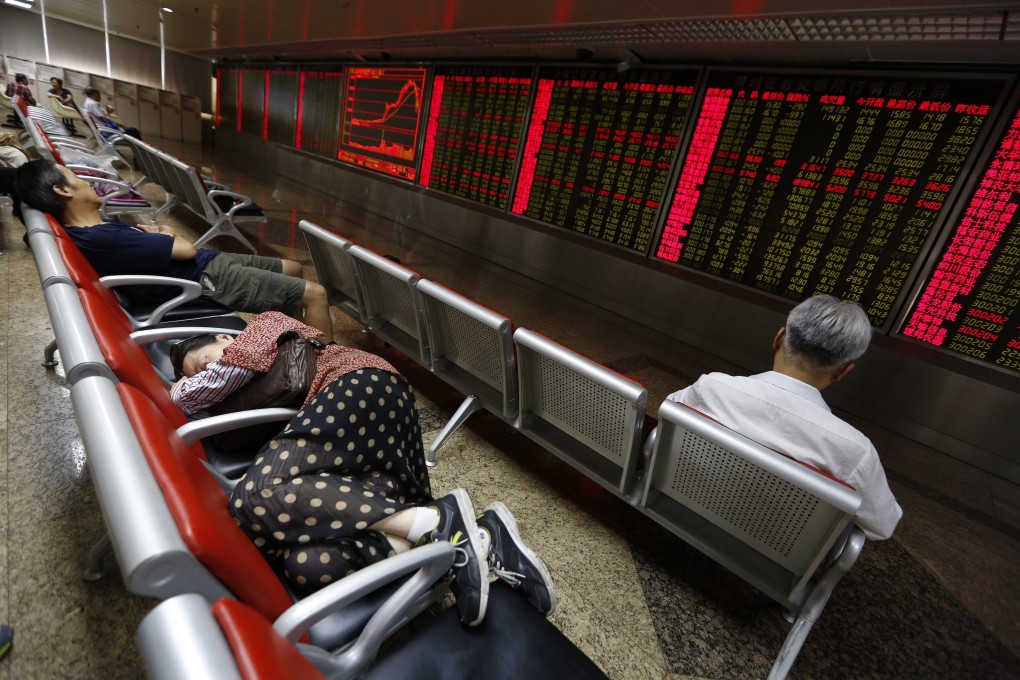Money Matters | Talk of 'foreign crocodiles' in China's stock markets vastly overrated
When an interest rate cut, a stamp duty chop and various policies have failed to stop the fall, Beijing has no alternative but find a scapegoat

Market manipulation? Seriously?
Anyone with some understanding of the mainland's tight monitoring of the market will ask the question and chuckle while reading the following.
"The China Securities Regulatory Commission (CSRC) will launch an investigation into suspected market manipulation … the criminals will definitely be caught!" a commission spokesman said in a late evening announcement on Thursday.
"CSRC is angry; crackdown on malicious short selling," ran a headline in the state media yesterday.
"Fight malicious short sellers without mercy," said another.
The truth is the mainland's stock market is one of the world's most transparent, at least to its regulators.
